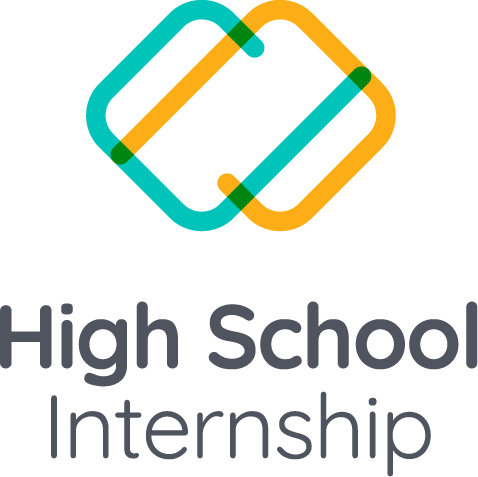Digital literacy skills are not a new topic in education, though they seem to be at the forefront of concern, especially now, with terms like “fake news” and “AI-generated social media.” More than ever, we need students to possess strong digital literacy skills so they can make informed decisions, be competent researchers, and form opinions free of bias. Because of this need, digital literacy is now a common subject in k-12 schools around the world, even major education frameworks like the ISTE Student Standards have digital literacy baked into the themes.
Despite this, a recent study has shown that students still struggle with basic digital competencies. For example, students were “asked to evaluate Slate’s home page, where some tiles are news stories and others are ads (set off by the words “Sponsored Content”), two-thirds of students couldn’t tell the difference.” The same study elaborates further by saying “students displayed a tendency to accept websites at face value. Ninety-six percent failed to consider why ties between a climate change website and the fossil fuel industry might lessen that website’s credibility.”
With these troubling findings, it seems as though our current digital literacy education isn’t enough to prepare students for today’s communication minefield. For this reason, I propose that “critical examination” should be the most important lens at which to look at digital literacy.
When reading articles, watching videos, and viewing other forms of media I often ask students to pull out their magnifying glasses and deerstalker caps to investigate as Sherlock would. Here are a few questions that I would ask them to consider when examining media:
Critical Examination Questions
- Who paid for the publication and what effect does that have on the authenticity of the information?
- Who is the target audience and how does the media appeal to its audience?
- Does the author or producer make money each time you read or view the media and what influence does that have on you reading or viewing the material?
- Is the medium trying to persuade your opinion or paint a false impression?
- Does the medium cite any references or other works that can be verified?
- Can you fact check any of the claims or facts?
- Can you find another source that claims the opposite?
- Does the medium contain any advertisements, and if so, is it made clear that the medium contains advertisements?
These questions are designed to provoke critical thinking, investigatory discrimination, and inquiry so that students can make inferences and informed decisions about the content that they consume. Critical examination is not just a skill for the classroom, it’s a life skill that you hone over time, making one a conscientious consumer.
The questions provided are just an example of critical lenses that can be applied to digital literacy, what other critical examination questions might you use with your students? Please feel free to reach out to me on Twitter or email.

